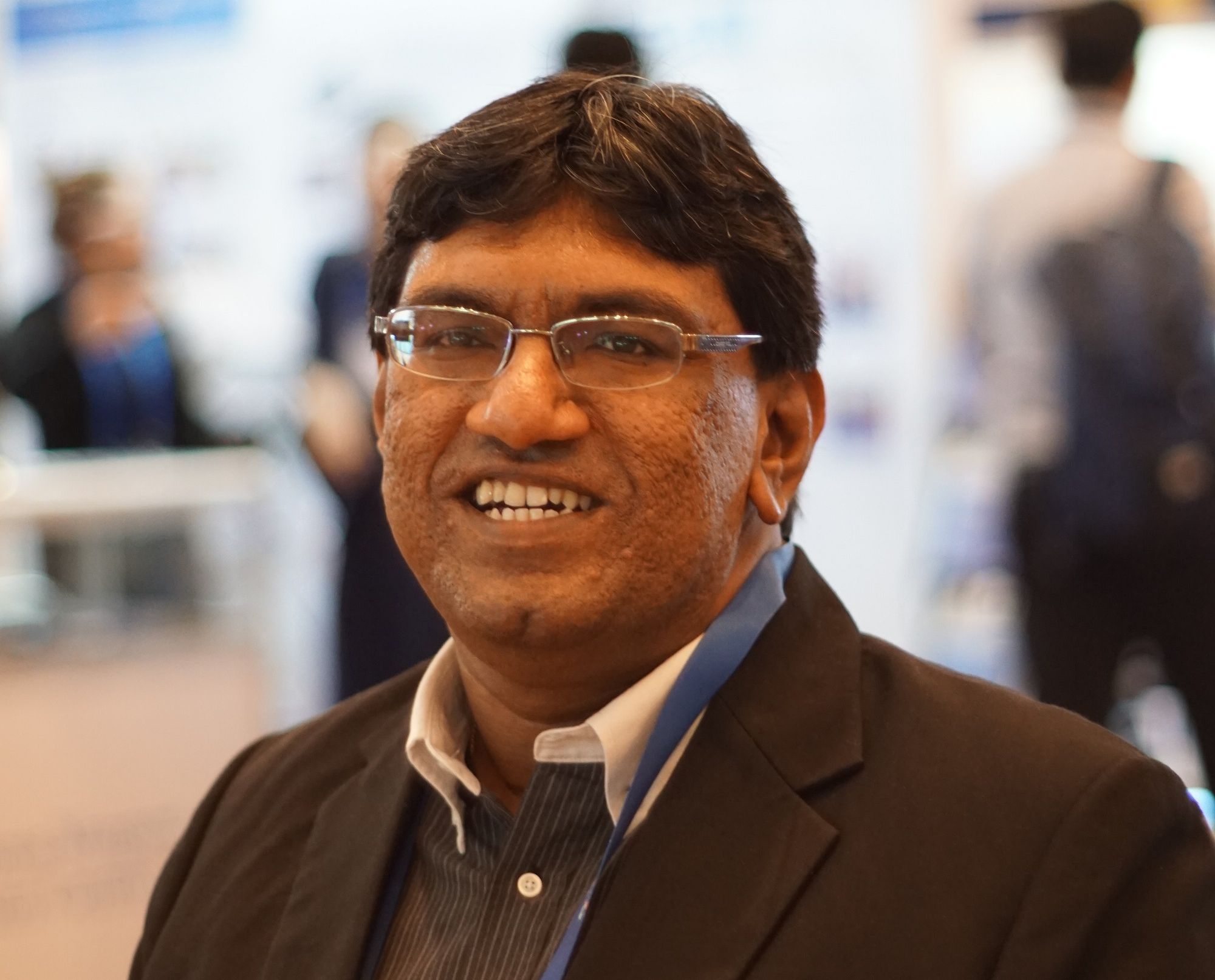KUALA LUMPUR, August 9 — Anti-tobacco advocates have defended the drafting of the controversial Control of Tobacco Product and Smoking Bill 2022 that was deferred in the last Dewan Rakyat meeting.
At a press conference last Friday, 235 health and anti-tobacco non-governmental organisations (NGOs) from all across Malaysia expressed their condemnation of the delay in a parliamentary vote on the proposed new tobacco control bill – which moots a generational ban on tobacco and vape – that was eventually sent to a special Dewan Rakyat special select committee (PSC) for further review.
“This matter greatly saddens us NGOs and health activists because this bill was drafted with depth and perfection and is based on scientific studies which have been recognised by the World Health Organization (WHO),” National Cancer Society of Malaysia (NCSM) managing director Dr Murallitharan Munisamy said in the press conference at the Royal Lake Club here, on behalf of the 235 groups after the deferral of the Dewan Rakyat vote on the long-awaited tobacco control bill.
“However, it was opposed by some Members of Parliament who gave various excuses that ended up delaying and also gambling the future health of the people.
“We, as the people, see these actions by parliamentarians as purposefully giving excuses to reject the bill. This issue was also politicised by some Members of Parliament without thinking of the safety and health of the people.”
The members of the panel, besides Dr Murallitharan, who spoke at the press conference consisted of Azlinda Baroni (from Pemadam), NCSM president Dr Saunthari Somasundaram, MyWatch president Roslizawati Md Ali, Dr Afid Awi (from IKRAM), and Muhammad Sha’ani Abdullah (from Fomca).
Anti-tobacco groups also urged all parliamentarians, especially those from the newly formed PSC that has been tasked to review the tobacco control bill, to declare their involvement with stakeholders from tobacco or vape companies.
“We urge them to declare, preferably before serving in this committee. If possible, we urge them to make a statutory declaration (SD). Make an SD, put it on the table, declaring that you are not involved with the industry, be it the cigarette industry or the electronic cigarette industry,” said Dr Murallitharan.
The bipartisan tobacco bill PSC, chaired by Health Minister Khairy Jamaluddin, comprises a dozen other MPs: Abdul Azeez Abdul Rahim (Baling-Umno), Mohd Nizar Zakaria (Parit-Umno), Azalina Othman Said (Pengerang-Umno), Mas Ermieyati Samsudin (Masjid Tanah-Bersatu), Ahmad Fadhli Shaari (Pasir Mas-PAS), Lukanisman Awang Sauni (Sibuti-GPS), Dr Kelvin Yii (Bandar Kuching-DAP), Sivarasa Rasiah (Sungai Buloh-PKR), Dzulkefly Ahmad (Kuala Selangor-Amanah), Madius Tangau (Tuaran-Upko), Darell Leiking (Penampang-Warisan), and Mukhriz Mahathir (Jerlun-Pejuang).
Dr Murallitharan also addressed concerns voiced by various MPs over what they described as excessive enforcement powers provided for under the tobacco control bill and their potential to infringe on fundamental rights and equality, such as powers for search and seizure without warrant, access to personal data on one’s mobile phone or laptop, stop and search of vehicles, and body searches.
The enforcement powers listed in the tobacco control bill do not specify which offences they apply to; the proposed legislation prohibits not only the sale of tobacco and vape products to those born from 2007, but also the act of smoking or vaping itself, purchase, possession, and use of such products by anyone born from January 1, 2007.
During the parliamentary debate on the bill last week, Khairy agreed to drop the offence of possession from the generational end game (GEG) group.
“The power issue has also been questioned, until they (the MPs) thought that the enforcement agencies have evil intentions or mala fide to ensure that all GEG (generational end game) groups are detected and action taken,” said Dr Murallitharan.
He said Khairy has repeatedly addressed these concerns, but lawmakers have wilfully “turned a deaf ear to the explanations”.
The public health physician urged MPs, at the behest of health activists, to honour the obligations Malaysia undertook upon its ratification of the WHO Framework Convention on Tobacco Control (FCTC) — described as “an evidence-based treaty that reaffirms the right of all people to the highest standard of health”.
As a reminder of Malaysia’s obligations, Dr Murallitharan brought up Article 5.3 of the international treaty, which holds: “In setting and implementing their public health policies with respect to tobacco control, Parties shall act to protect these policies from commercial and other vested interests of the tobacco industry in accordance with national law.”
Dr Murallitharan reiterated the call to not delay the bill any longer beyond the next scheduled date for debate and vote in Parliament in October.
He also cited three takeaway points that formed the basis of the anti-tobacco groups’ call to action for the PSC: no interference from the industry; PSC members should declare their conflict of interest (if any) and if there isn’t, it is strongly encouraged that they make an SD; and all experts brought to the PSC must be free from “agendas” and must be selected based on their relevant expertise.
During debate on the tobacco bill last Tuesday, multiple MPs across the aisle raised various concerns on the latitude of enforcement powers and potential issues with enforcing a total ban for entire generations.








